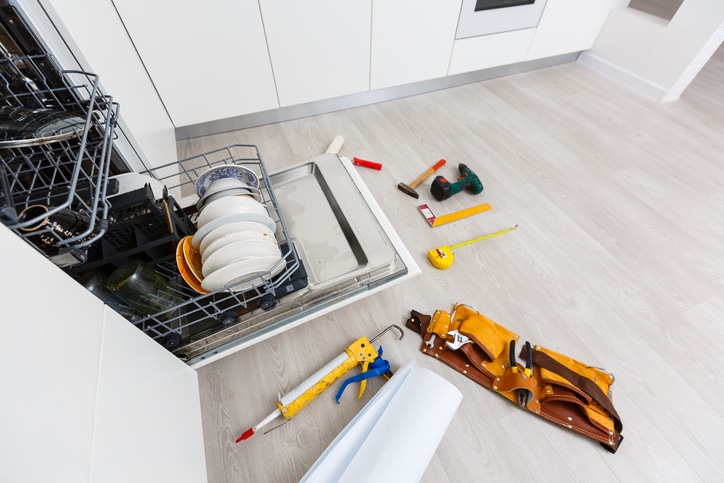Here in the Dallas-Fort Worth Metroplex, most tap and well water today contains some level of contamination from environmental and industrial pollutants. While water filtration isn’t new for homeowners, the technology has gotten a lot more efficient over the past few years.
Below we break down everything our professional plumbers here at Total Plumbing think you need to know about whole-home water filtration systems.
Understanding Whole Home Water Filtration
Whole-home water filtration systems are comprehensive filtration solutions designed to purify water at the point of entry into your home. Unlike individual faucet or pitcher filters, these systems treat all the water that enters your house, providing clean and purified water for various purposes.
Total Plumbing in Dallas Explains Contaminants in Tap Water
Unwanted substances in our water can include disease-producing micro-organisms, such as bacteria, viruses, or parasites. They can also contain byproducts formed when chlorine in treated drinking water combines with naturally occurring organic matter; pesticides, herbicides, insecticides, and fungicides; volatile organic chemicals (VOCs), which include solvents, degreasers, gasoline, and additives; toxic metals such as arsenic, barium, chromium, lead, or mercury; and simple scale, or hard water minerals such as calcium and magnesium that cause buildup on surfaces like pipes and appliances.
While municipal water treatment plants aim to remove many of these impurities, some may remain in your home’s tap water. Whole-home water filtration acts as a second line of defense, ensuring that the water you and your family use is free from harmful substances.
Health Benefits
Filtrating your water with a whole-home water filtration system can also provide numerous health benefits. First, these systems remove chlorine and its byproducts commonly found in tap water. Chlorine has been linked to respiratory problems, skin irritations, and potential long-term health risks. Additionally, filtration systems eliminate bacteria, viruses, and other microorganisms, reducing the chances of waterborne illnesses.
Protecting Your Plumbing System
Untreated tap water can contain minerals and sediments that can accumulate in your plumbing system over time, leading to clogs, corrosion, and reduced efficiency. Whole-home water filtration systems can prevent these issues by removing these particles and extending the lifespan of your pipes, faucets, and appliances.
Improved Water Taste and Odor
Water that contains impurities often has an unpleasant taste and odor. These factors can deter you from drinking enough water or enjoying the beverages and meals you prepare. With whole-home water filtration, you’ll notice a significant improvement in the taste and smell of your water, making it more enjoyable.
Protecting the Environment
If you hate the taste of your home’s tap water, odds are you aren’t drinking it every day. Using bottled water as an alternative to tap water can have a negative impact on the environment. It contributes to plastic waste, energy consumption, and carbon emissions from manufacturing and transportation. Opting for a whole-home water filtration system can reduce your reliance on single-use plastic bottles and help create a more sustainable future.
Convenience and Cost-Effectiveness
While other filtration options, such as faucet or pitcher filters, can be effective for small-scale use, they require regular maintenance, filter replacements, and have a limited capacity. On the other hand, whole-home water filtration systems provide a long-term, low-maintenance solution that ensures purified water throughout your home. Though the initial investment may be higher, it proves to be cost-effective in the long run by eliminating the need for multiple filters and reducing the risk of plumbing repairs.



